Marie-Georges-Jean Méliès was born in Paris on December 8, 1861. After high school, he worked in his father’s shoe factory. When he was 22 he moved to London. He worked as a clerk during the day and began to perform as an illusionist by night.
In 1885 he went back to Paris and worked as a stage magician. Three years later, his father left the shoe factory to his children. Méliès sold his share to his brothers and bought the Robert-Houdin Theater.
Under his direction it would become one of Paris’ most popular attractions.
In 1895 he attended the Lumière Brothers’ first cinematography show. Thrilled, he bought the equipment necessary to shoot a film. At that time, cinema meant recording reality. But Méliès sensed that he could easily represent fantastic and impossible events using the new medium.
He set up a studio in Montreuil, outside Paris, intending to make his fantasies come true. His first films were less than three minutes long, and in them he simply replicated his stage tricks with invisible strings and moving sets.
Through constant experimentation, Méliès was able to perfect several technical tricks.
For instance, he simulated a person disappearing by filming an actor, then stopping the camera and having the actor exit the stage. Then he would resume shooting on an empty set. The images, seen in sequence, create the illusion of a man disappearing.
He also layered two or more rolls of film to make it seem like the actors were doubled.
In later years, he started to tell stories on screen. In 1902 he released his most famous film, the 15-minute long “A Trip to the Moon.” The film was extraordinarily successful both in France and abroad.
In 1913 his wife passed away, and he was left with two children to raise. That same year he closed his small production house, called Star Film, which was being driven out of business by powerful French and American studios.
Méliès abandoned cinema and went back to magic shows. He worked as a magician until 1923, when financial hardships forced him to sell his theater and all his other possessions.
Over the following years, he made a living running a kiosk selling sweets and toys.
But before long his work was rediscovered, and in 1931 he received the Legion of Honor, France’s highest decoration.
Méliès died in Paris on January 21, 1938. He was 76. He is remembered today as one of the pioneers of cinema, the founding father of science fiction and visual effects.
In 1885 he went back to Paris and worked as a stage magician. Three years later, his father left the shoe factory to his children. Méliès sold his share to his brothers and bought the Robert-Houdin Theater.
Under his direction it would become one of Paris’ most popular attractions.
In 1895 he attended the Lumière Brothers’ first cinematography show. Thrilled, he bought the equipment necessary to shoot a film. At that time, cinema meant recording reality. But Méliès sensed that he could easily represent fantastic and impossible events using the new medium.
He set up a studio in Montreuil, outside Paris, intending to make his fantasies come true. His first films were less than three minutes long, and in them he simply replicated his stage tricks with invisible strings and moving sets.
Through constant experimentation, Méliès was able to perfect several technical tricks.
For instance, he simulated a person disappearing by filming an actor, then stopping the camera and having the actor exit the stage. Then he would resume shooting on an empty set. The images, seen in sequence, create the illusion of a man disappearing.
He also layered two or more rolls of film to make it seem like the actors were doubled.
In later years, he started to tell stories on screen. In 1902 he released his most famous film, the 15-minute long “A Trip to the Moon.” The film was extraordinarily successful both in France and abroad.
In 1913 his wife passed away, and he was left with two children to raise. That same year he closed his small production house, called Star Film, which was being driven out of business by powerful French and American studios.
Méliès abandoned cinema and went back to magic shows. He worked as a magician until 1923, when financial hardships forced him to sell his theater and all his other possessions.
Over the following years, he made a living running a kiosk selling sweets and toys.
But before long his work was rediscovered, and in 1931 he received the Legion of Honor, France’s highest decoration.
Méliès died in Paris on January 21, 1938. He was 76. He is remembered today as one of the pioneers of cinema, the founding father of science fiction and visual effects.
RELATED


EUGÈNE VIOLET-LE-DUC


VITTORIO DE SICA
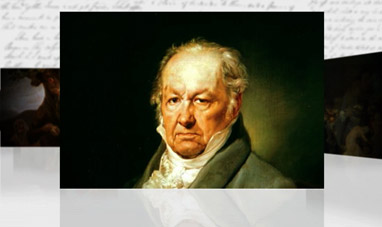

FRANCISCO GOYA


BILLY WILDER
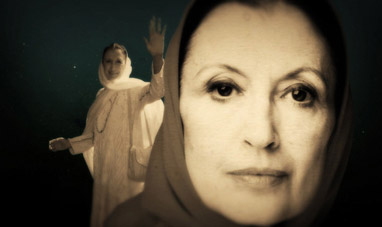

CARLA FRACCI
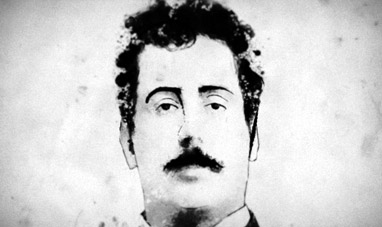

GIACOMO PUCCINI


GIANLORENZO BERNINI
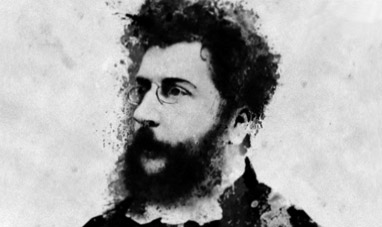

GEORGES BIZET
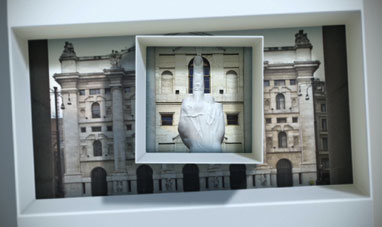

MAURIZIO CATTELAN
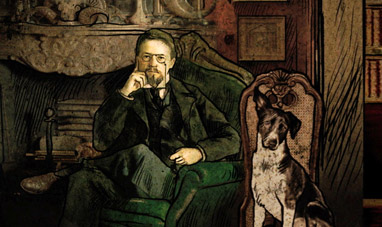

ANTON CHEKHOV
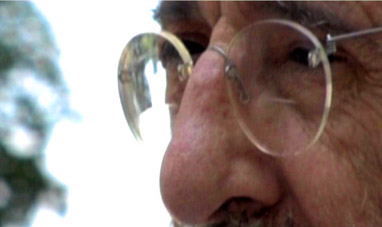

ÁLVARO SIZA VIEIRA
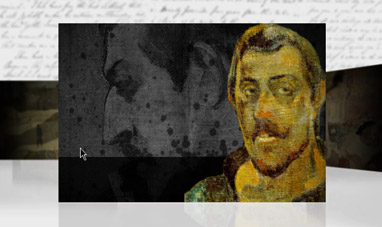

PAUL GAUGUIN
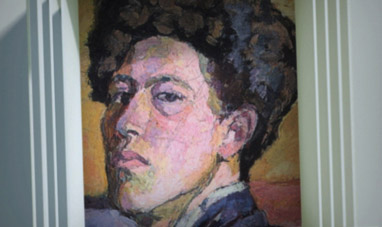

ALBERTO GIACOMETTI
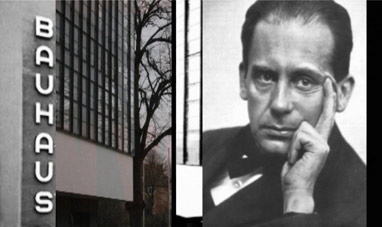

WALTER GROPIUS
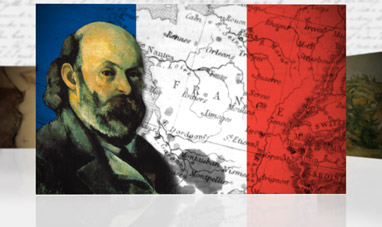

PAUL CÉZANNE
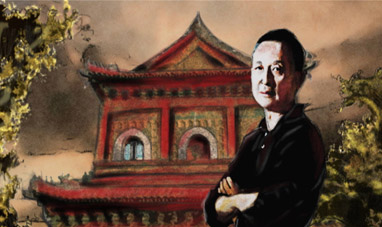

GAO XINGJIAN
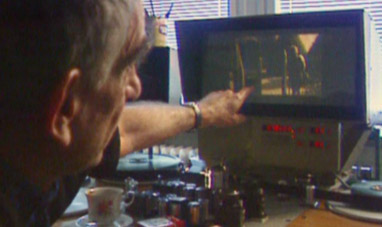

KRZYSZTOF KIELOWSKI
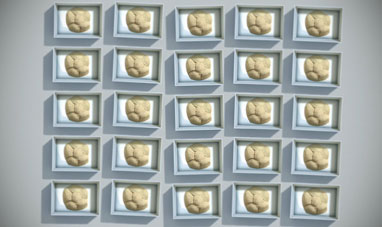

PIERO MANZONI
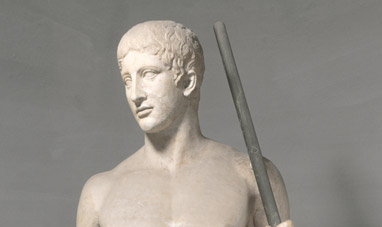

POLYCLEITUS
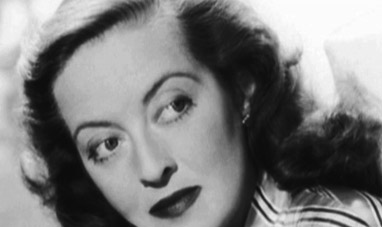

BETTE DAVIS
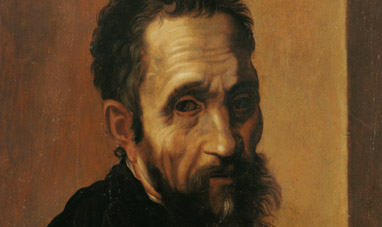

MICHELANGELO BUONARROTI
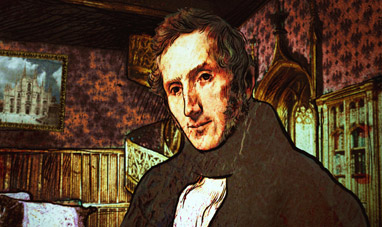

ALESSANDRO MANZONI
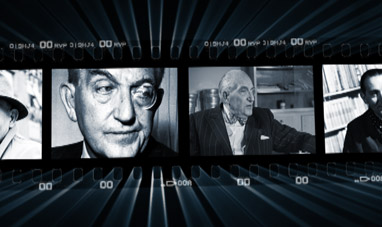

FRITZ LANG


LEON BATTISTA ALBERTI
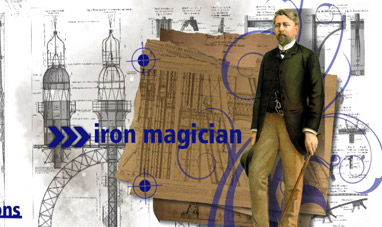

GUSTAVE EIFFEL


JOHANNES BRAHMS
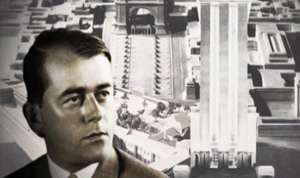

ALBERT SPEER
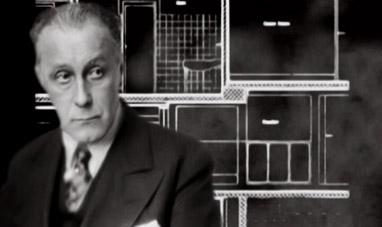

ADOLF LOOS


RAPHAEL


AUDREY HEPBURN
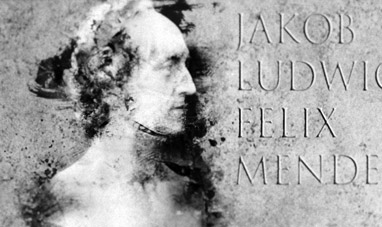

FELIX MENDELSSOHN
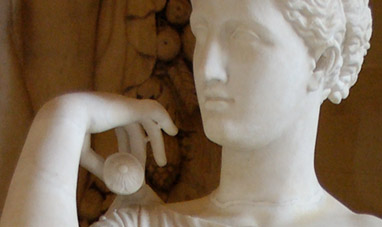

PRAXITELES


ENRICO VANZINA
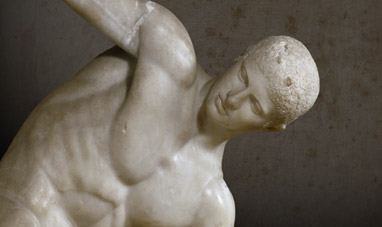

MYRON
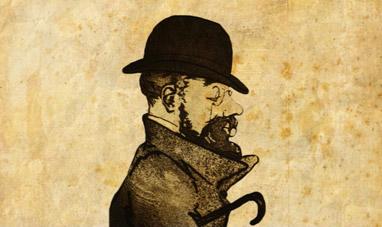

HENRI DE TOULOUSE-LAUTREC


KARL FRIEDRICH SCHINKEL
